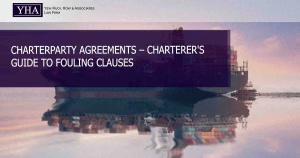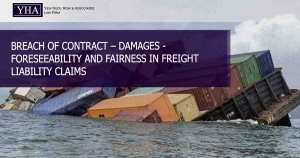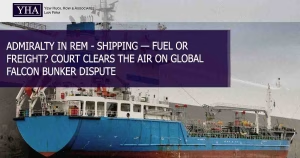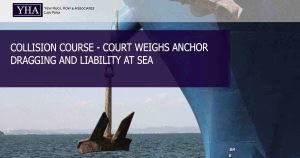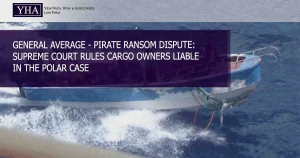
FAMILY LAW – CHILDREN’S CUSTODY – CUSTODY DISPUTES IN MALAYSIA: ESSENTIAL INSIGHTS ON CHILD WELFARE AND PARENTAL ROLES
In a recent custody dispute, the court emphasized the importance of child welfare, reaffirming the maternal custody presumption for young children unless strong evidence suggests otherwise. In high-conflict situations, the court favored sole custody over joint arrangements to minimize stress on the children. This case underscores that Malaysian parents should provide credible evidence for their claims and focus on practical, child-centered solutions.

